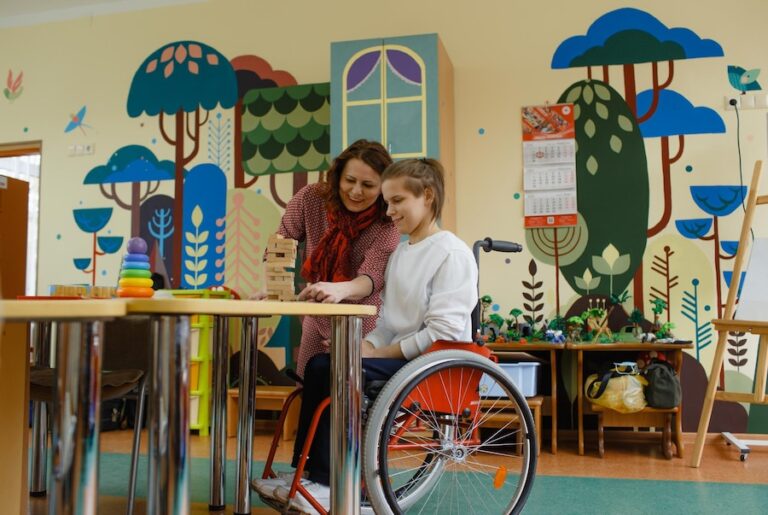New Study Suggests Role Of Gut Microbiome In Autism Treatment
Recent research has been shedding light on the intricate relationship between the gut microbiome and various aspects of human health. Among the latest findings, a compelling study has emerged suggesting a potential link between the gut microbiome and the treatment of autism spectrum disorder (ASD). While the etiology of ASD remains complex and multifaceted, this study offers promising insights into a novel avenue for therapeutic interventions. “Autism Therapy In Raj Nagar”
To Know More About It Please Click Here
Understanding the Gut-Brain Connection
The gut-brain axis, a bidirectional communication system between the gastrointestinal tract and the central nervous system, has garnered increasing attention in scientific circles. Not only does the gut microbiome influence gastrointestinal health, but it also impacts brain function and behavior through various pathways, including the immune system, neural signaling, and the production of neurotransmitters.
Implications for Autism Spectrum Disorder
A complicated neurological disorder, autism spectrum disorder is characterized by difficulties with communication, social interaction, and repetitive activities. While the exact causes of ASD remain elusive, both genetic and environmental factors are believed to contribute to its development. Recent studies have suggested a potential role of the gut microbiome in the pathophysiology of ASD.
Key Findings of the Study
The recent study, conducted by a team of researchers from various institutions, investigated the effects of microbiome-targeted interventions on behavioral symptoms associated with ASD. The researchers utilized advanced sequencing techniques to analyze the gut microbiota of individuals with ASD and identified specific microbial imbalances associated with the condition. Subsequently, they implemented interventions such as probiotics, prebiotics, dietary modifications, and fecal microbiota transplantation (FMT) to modulate the gut microbiome composition.
Implications for Treatment and Future Directions
The findings of this study hold significant implications for the development of novel therapeutic approaches for individuals with autism spectrum disorder. By targeting the gut microbiome, clinicians may have a new avenue for intervention that complements existing treatments. Personalized microbiome-based therapies could potentially improve outcomes and quality of life for individuals with ASD, offering hope to patients and their families.
Conclusion
The emerging evidence highlighting the role of the gut microbiome in autism spectrum disorder opens up new avenues for research and therapeutic intervention. While there is still much to learn about the complex interplay between gut health and brain function in individuals with ASD, the recent study provides compelling support for the potential of microbiome-targeted treatments to alleviate symptoms and improve outcomes. With continued investigation and innovation, harnessing the power of the gut-brain axis may offer new hope for individuals living with autism and their families. “Autism Therapy In Raj Nagar”
Also, Follow us on Instagram








